Did you know that what you eat can have a significant impact on your health and well-being? If you're looking for ways to prevent disease, incorporating superfoods into your diet is a great option. Superfoods are foods with a high concentration of nutrients and antioxidants that can help prevent disease and improve your overall health. Here are some superfoods that you should consider including in your daily diet.
Avocado
Avocado is one of the most popular superfoods, and for good reason. It is rich in healthy fats and fiber, which helps reduce bad cholesterol and prevent cardiovascular disease. It also contains essential vitamins and minerals, such as potassium, which is important for heart health.
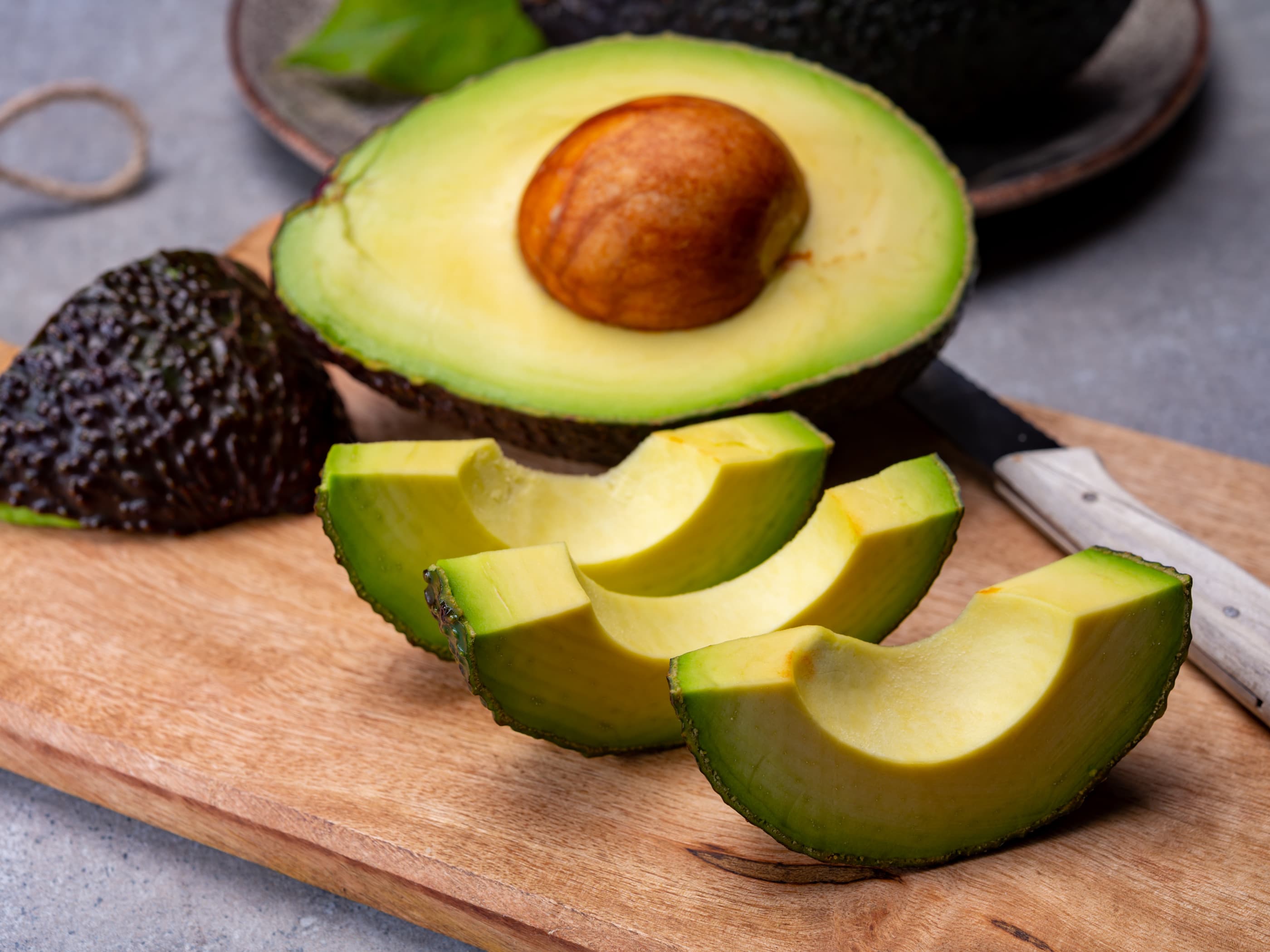
Blueberries
Blueberries are an excellent source of antioxidants and phytonutrients, which help prevent chronic diseases, such as diabetes and cancer. They are also rich in vitamin C, which helps boost the immune system and maintain healthy skin.
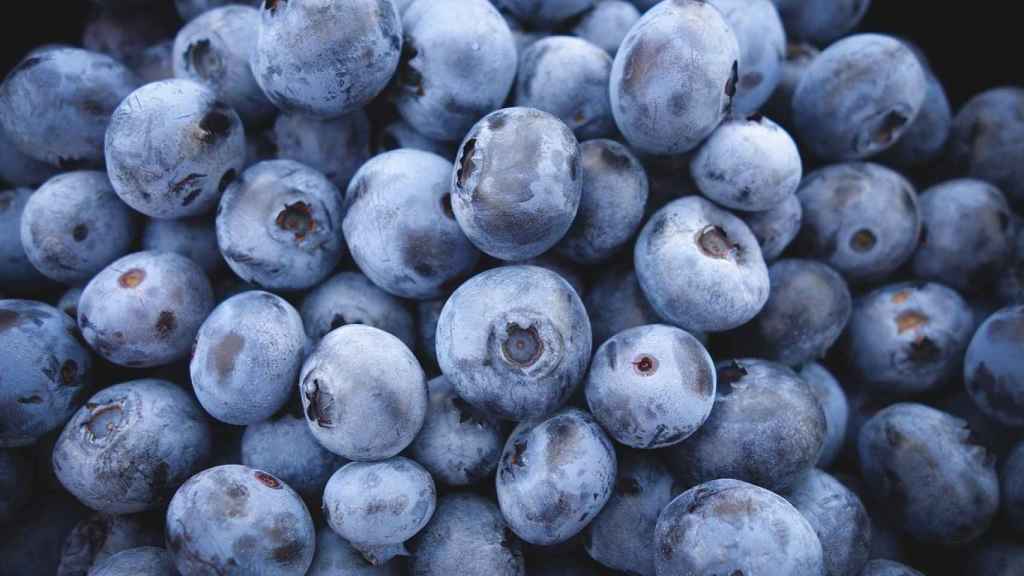
Kale
Kale is one of the most nutritious vegetables out there. It is rich in vitamins A, C and K, as well as calcium, iron and antioxidants. Additionally, kale is low in calories and high in fiber, making it a great choice for those looking to lose weight and maintain a healthy diet.
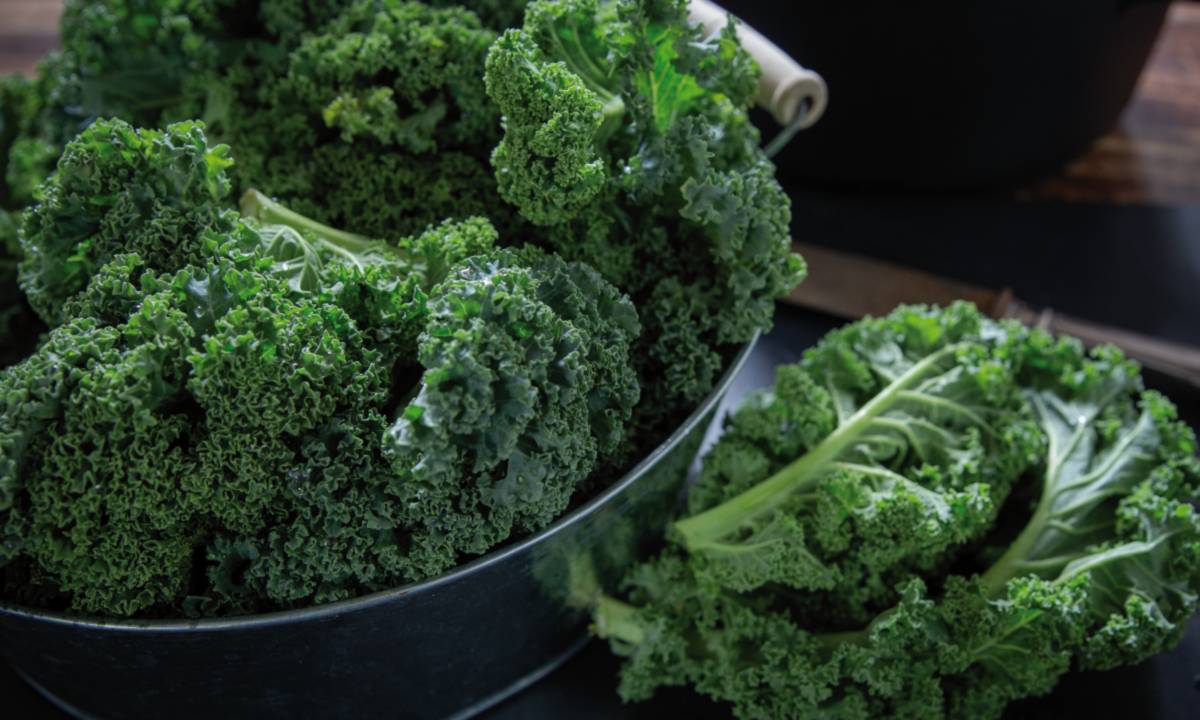
Grenade
Pomegranate is rich in antioxidants and polyphenols, which can help reduce inflammation and prevent chronic diseases like heart disease and cancer. It is also rich in vitamin C and potassium, making it an excellent choice for boosting the immune system and maintaining heart health.
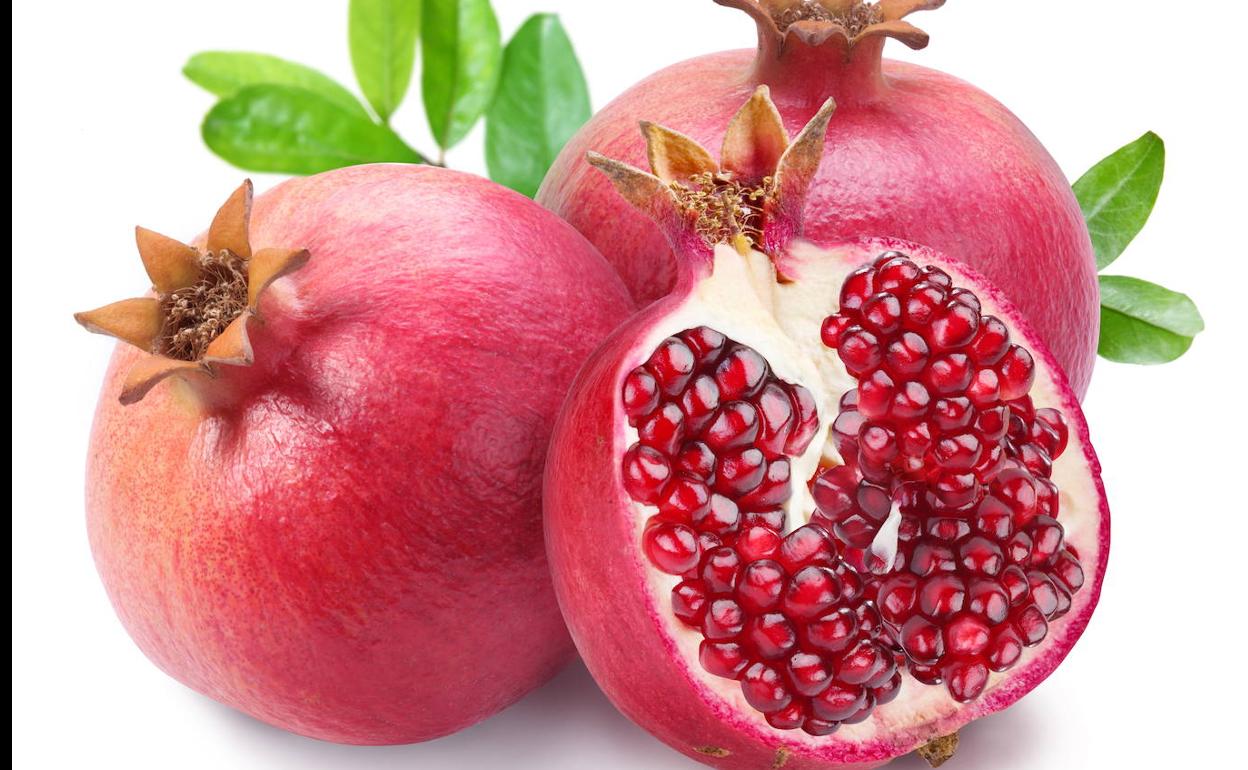
Salmon
Salmon is an excellent source of omega-3 fatty acids, which are essential for brain and heart health. It is also rich in protein, vitamins and essential minerals, such as vitamin D, which helps strengthen bones and teeth.
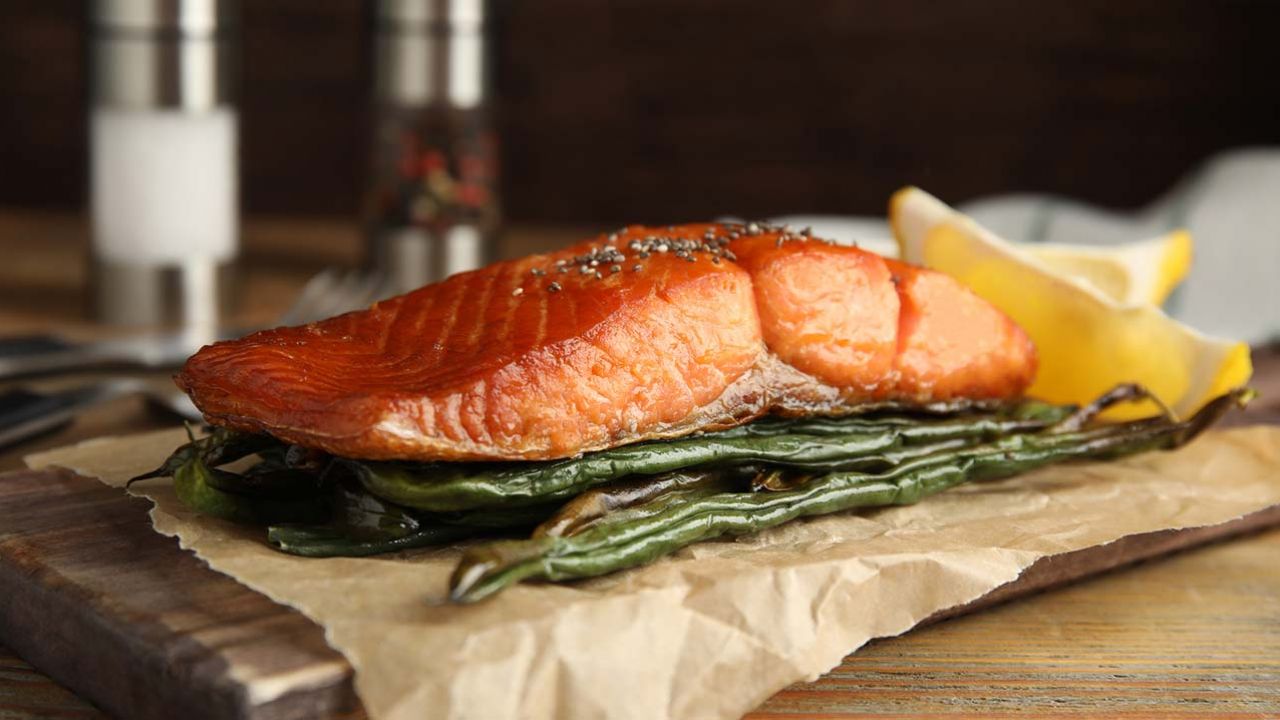
Quinoa
Quinoa is an excellent source of protein and fiber, making it a great option for those looking for a healthy diet. It is also rich in iron and magnesium, which are important for heart health and the prevention of chronic diseases.
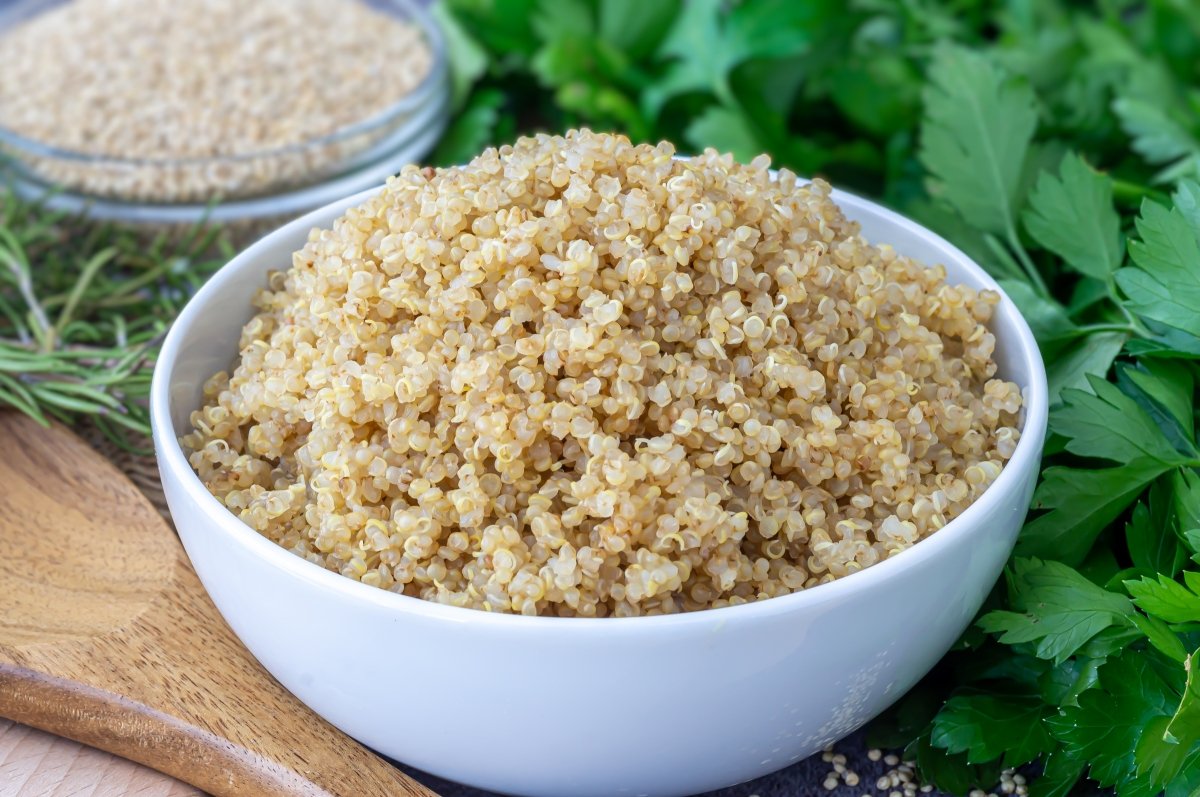
Green Tea
Green tea is rich in antioxidants, such as epigallocatechin gallate (EGCG), which may help prevent chronic diseases, such as cancer and heart disease. It also contains caffeine and L-theanine, which can improve concentration and reduce stress.

Spinach
Spinach is a rich source of nutrients, vitamins and minerals, especially vitamin K, which is important for bone health. Additionally, spinach contains carotenoids, antioxidants that may help prevent chronic diseases, such as cancer and heart disease.
Spinach can be eaten raw in salads, stir-fried with other vegetables, or steamed as a garnish. They can also be added to smoothies or fruit and vegetable smoothies for an extra nutritional boost.
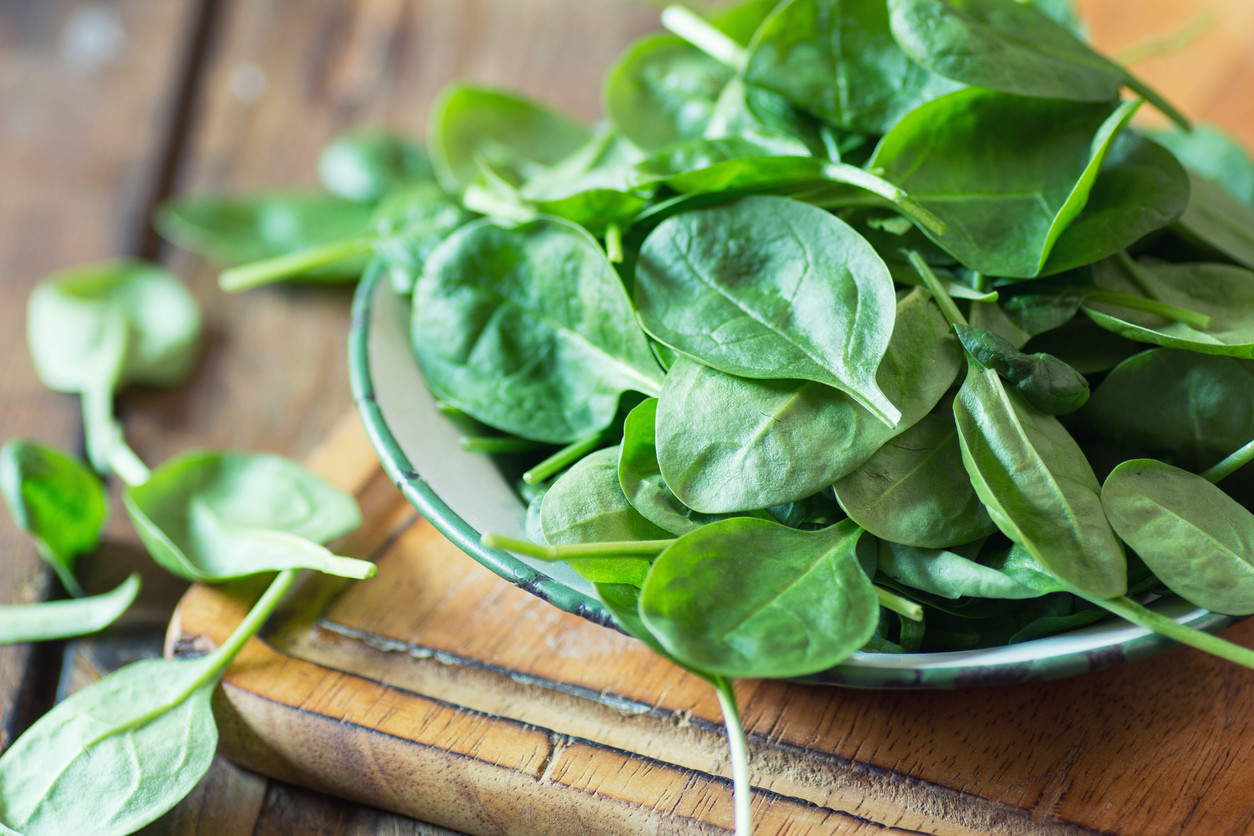
Ginger
Ginger has anti-inflammatory and antioxidant properties, and can help reduce pain and inflammation. It has also been shown to help reduce the risk of heart disease and cancer. . Ginger can be consumed in tea, powder, or as an ingredient in savory or sweet dishes.

Broccoli
This cruciferous vegetable is an excellent source of vitamins C, K and folic acid. It is also rich in antioxidants and anti-inflammatory compounds that help prevent cancer and reduce the risk of heart disease and diabetes. Broccoli can be eaten raw in salads or steamed as a garnish.
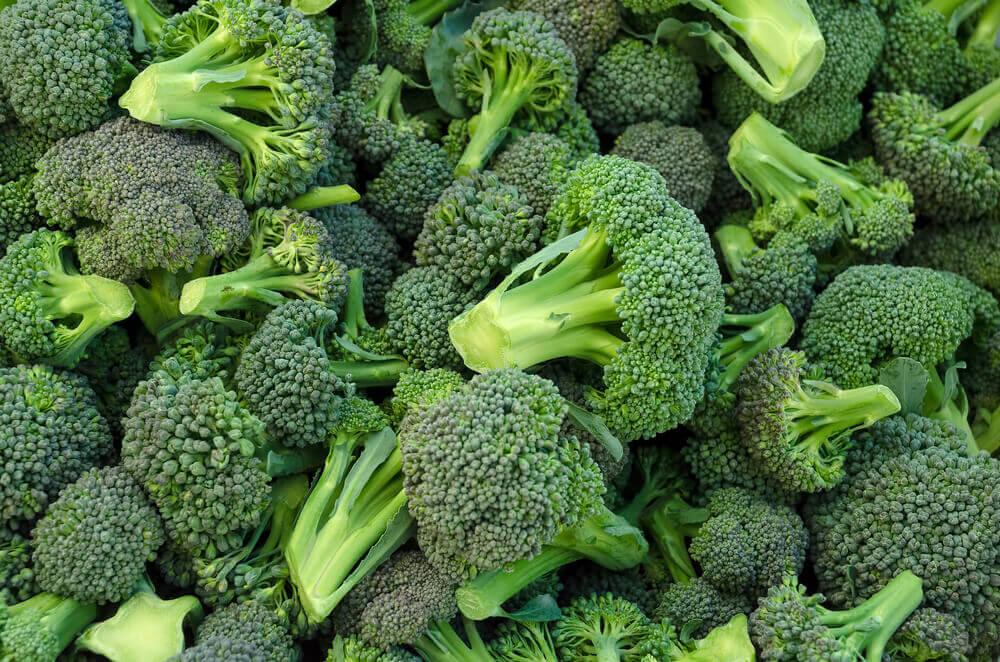
Nuts
Nuts are high in healthy fats, protein, and fiber. They also contain antioxidants and anti-inflammatory compounds that may help reduce the risk of heart disease and cancer. They can be eaten as a snack or added to salads or pasta dishes.
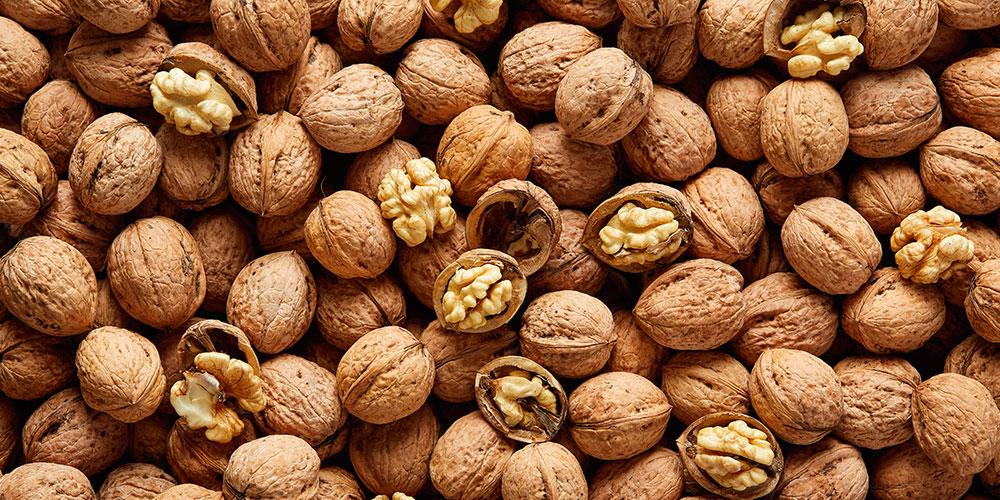
Why is it important to maintain a healthy diet?
Maintaining a healthy diet is essential to prevent disease and promote general health. A balanced and varied diet can provide the nutrients necessary for the body to function optimally and prevent nutritional deficiencies. In addition, a healthy diet can help reduce the risk of chronic diseases such as heart disease, diabetes, obesity, and some types of cancer.
In addition, a healthy diet can improve mood, quality of sleep, and increase energy levels. It can also help maintain a healthy weight and prevent obesity, which in turn reduces the risk of obesity-related diseases.
Practical tips to eat better
Here are some practical tips for eating better and maintaining a healthy diet:
- Plan your meals: Set aside time each week to plan your meals and snacks. Shop for the foods you need to prepare healthy meals and make sure you have healthy snack options.
- Choose lean proteins: Opt for lean proteins, such as chicken, turkey, fish, and beans. These proteins are a good source of nutrients and can help prevent disease.
- Bring healthy snacks with you: If you're hungry during the day, it's easy to turn to unhealthy options like cookies or chips. Instead, take along healthy snacks like fruit, nuts, or granola bars. This way, you'll have something on hand when you're hungry and won't be tempted to buy unhealthy options.
- Eat more vegetables: Vegetables are an important source of vitamins, minerals, and dietary fiber. Try to include at least one serving of vegetables at every meal, and find creative ways to incorporate them into your meals. For example, you can add spinach to your smoothies or salads, or make a cauliflower-based pizza.
- Limit your intake of processed foods : Processed foods like frozen pizza, French fries, and canned foods are often high in sodium, saturated fat, and artificial preservatives. Try to limit your intake of processed foods and opt for healthier, fresher options whenever possible.
- Drink enough water: Water is essential to keep your body hydrated and functioning properly. Try to drink at least 8 glasses of water a day, and avoid sugary drinks like sodas and fruit juices, as they can contain a significant amount of calories.
- Cooking at home: Cooking at home allows you to control the ingredients and the amount of salt and oil you use in your meals. Plus, it's a fun way to experiment with different recipes and try new healthy ingredients.
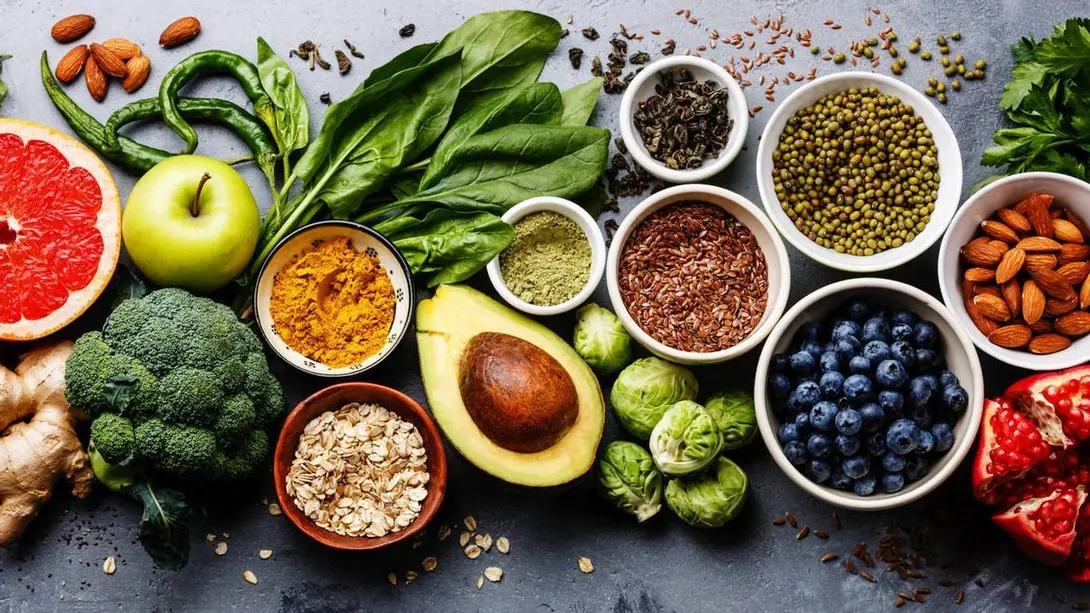
Comentarios